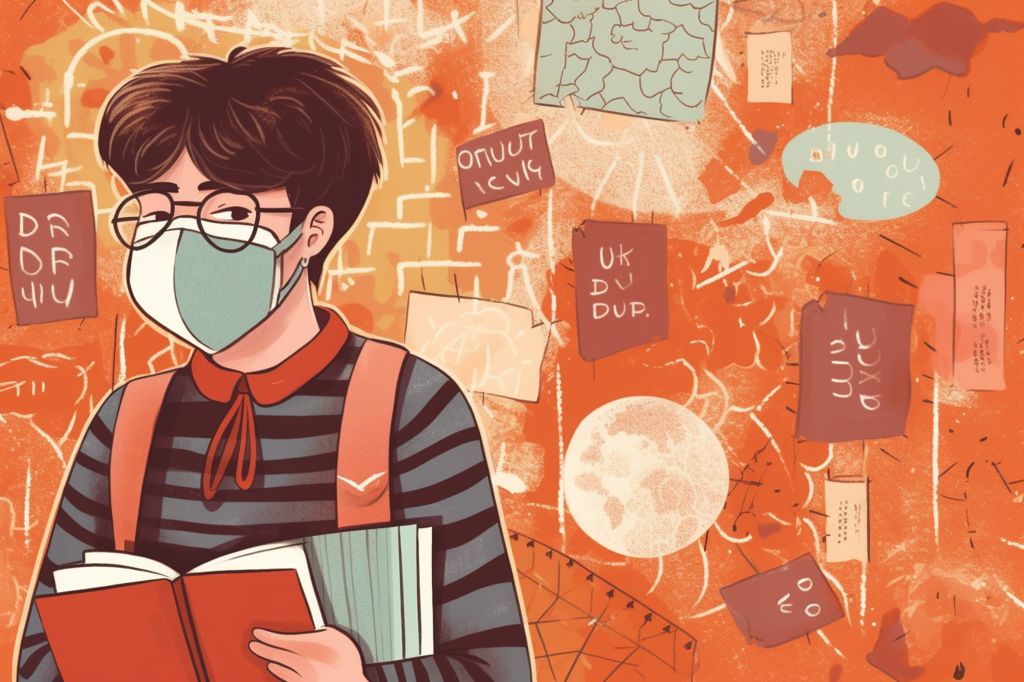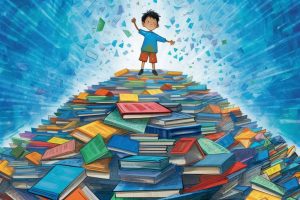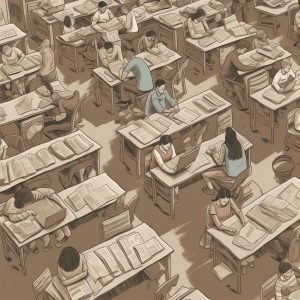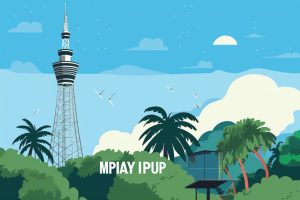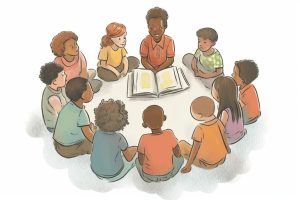The COVID19 pandemic has had a significant impact on the reading literacy levels of learners in South Africa. In a recent media briefing, Minister of Basic Education Angie Motshekga addressed the issue after the release of the Progress in International Reading Literacy Study (PIRLS). The results of this study placed South African learners at the bottom of 50 participating countries in terms of reading ability.
The National Reading Barometer (NRB) by Nal’ibali has revealed alarming statistics about children’s literacy levels in South Africa. A survey conducted between late 2022 and early 2023 showed that twothirds of South African children below 10 years old do not own a single children’s book. In this article, we will explore the reasons behind this literacy crisis and suggest potential solutions.
South Africa is facing a significant literacy crisis, with nearly 80% of Grade 4 students struggling to read for meaning despite the efforts of the Department of Basic Education’s National Reading Plan. In the town of Makhanda, where educational inequalities are prevalent, teachers are grappling with overcrowded classrooms and limited support in nofee schools.
Maputaland Community Radio107.6 FM has been a vital communication tool for the community since its inception in the early 2000s. The radio station serves as a platform for community development, providing programs that address the social and economic needs of the community.
The Whistle Stop School (WSS) programme is a promising initiative in the fight against South Africa’s illiteracy crisis. Developed in 2017, the programme is designed to enhance reading skills among primary school learners in Makhanda, South Africa. The WSS programme was established by GADRA Education, a community organization in Makhanda, in collaboration with St Mary’s Primary School. The programme uses phonics, guided reading, and a wellresourced library to help learners grasp reading.

